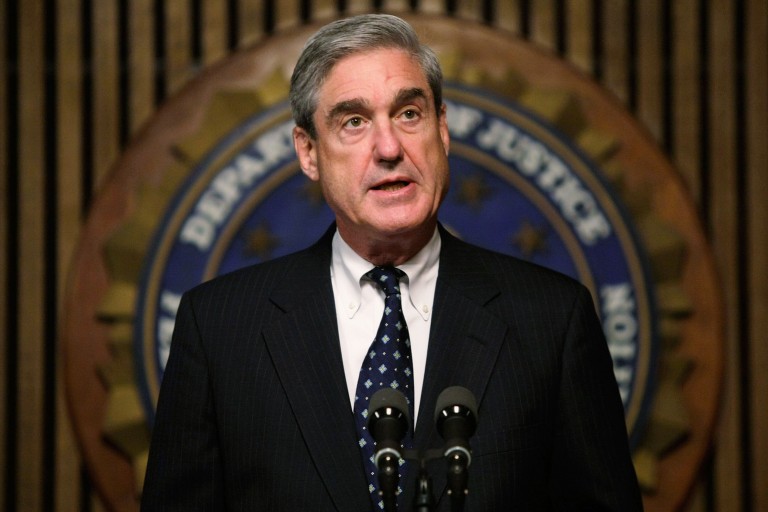US Special Counsel Robert Mueller (pictured above) has charged 13 Russians and three organizations, including the Internet Research Agency, with alleged interference in the 2016 presidential election.
Misinformation, Inc.: The meddling was widely known, but the indictment provides new insights into how it worked. Russians visited the US in 2014 to conduct research and then built a sophisticated operation that included sizable departments handling search optimization, data analytics, and IT. One project had 80 people working on it.
Purple gain: The Russians concentrated on influencing opinion in so-called “purple states,” such as Colorado, Virginia, and Florida, where the electoral gap between Republicans and Democrats was slim.
Virtual Americans: To hide their origins, the Russians rented space on servers based in the US and set up a virtual private network so that it looked as if messages were coming from within the country.
That’s not all, folks: Mark Weatherford, a former senior official at the Department of Homeland Security, says it’s pretty rare for the US to indict foreign nationals for information warfare. But he thinks we’ll see more such cases as technological advances make it easier to work out who’s behind online propaganda efforts.

